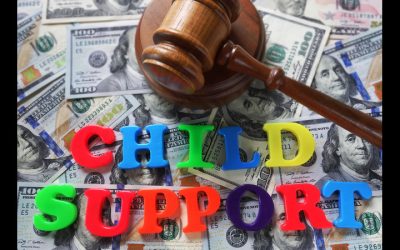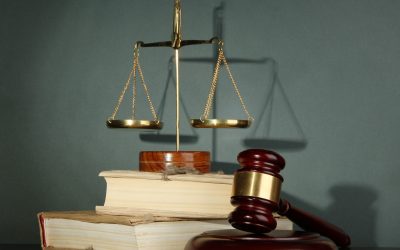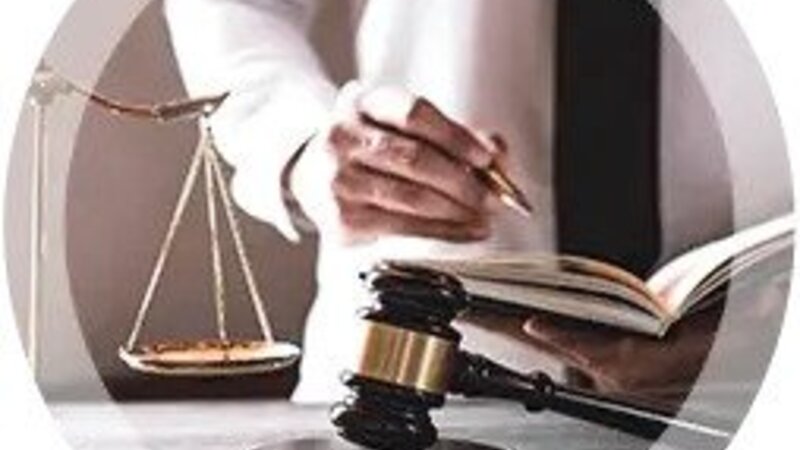Unfortunately, it seems that as a last resort, more and more people are filing for personal bankruptcy. The figures have risen to more than 1.5 million bankruptcy filings each year. It is no longer an unheard of option, and the repercussions can be effectively managed. The two types of personal bankruptcy filings are Chapter 13 and Chapter 7. Each type is significantly different in rules and outcomes. You should not enter into bankruptcy lightly. It is best to seek professional counsel from qualified bankruptcy attorneys in Cape Coral, FL before making the decision to file for bankruptcy.
Bankruptcy may be the best solution for you if you are hopelessly behind on car payments, loans, medical expenses, mortgages, or other bills. Of course, if at all possible, you want to work out a solution with your creditors. However, sometimes creditors can be less than understanding to people who are unemployed, laid off from work, disabled, or without income through circumstances beyond their control. If this sounds like you, contact qualified bankruptcy attorneys in Cape Coral, FL before your creditors take you to court. Once your creditors have sued you in court, they may be able to obtain a judgment against you and may be able to garnish your wages until you have paid your balance in full.
Chapter 13 personal bankruptcy involves the court setting up a repayment plan for you to pay off your existing creditors and the debts you owe them. In most cases, before a person is allowed to file for Chapter 13 bankruptcy, he must first undergo an approved debt counseling program. Once you have completed your debt counseling program, you will need to consult with your attorney to begin proceedings. Bankruptcy attorneys in Cape Coral, FL can give you more information about the paperwork that will be required in the process, including documentation you will need such as bank statements, recent tax returns, schedules of liabilities and assets, case filing fees, and other important information. Once you file Chapter 13 bankruptcy, this should stop any garnishments or foreclosure proceedings. It can be a way for you to gain a fresh start financially.
Chapter 7 bankruptcy differs from Chapter 13 bankruptcy in that your assets will be liquidated and the money turned over to the court to pay toward your debts. Again, you must undergo approved credit counseling before filing. There are filing fees you will have to pay to file Chapter 7 bankruptcy in court. For certain low-income cases, the judge can approve that these fees be waived. Under Chapter 7 bankruptcy, some debts may be completely discharged. The presiding judge will make the determination as to which debts you will not be responsible for repaying.
An initial consultation with bankruptcy attorneys in Cape Coral, FL will usually be free. You can discuss your case and get the best legal advice available. Bankruptcy may not be what you had in mind, but it is survivable and may be the best solution to helping you get your finances back in order.






